It was an ethnic massacre so bad that it could be seen from space. Satellites picked up bloodied patches of soil in North Darfur’s capital, El Fasher, after Sudan’s Rapid Support Forces (RSF) swept into the besieged city. Pools of blood and piles of bodies were identified. Thousands of people are feared to have died in the appalling violence. Many thousands more have fled for their lives. Others remain trapped in the city.
The scenes of slaughter were so blatant that it should have brought marchers out onto the streets in passionate protest. But there wasn’t a peep from the usual suspects. Was this because the killings did not take place in Gaza or the West Bank, but in Sudan, one of Africa’s largest countries? The perpetrators, of course, weren’t the Israel Defense Force, but Sudanese militants fighting a vicious civil war in the vast country.
The RSF, which had been besieging the town of El Fasher for 18 months, is primarily an ethnically Arab group. The victims in the most recent atrocities appear to be black Africans in the famine-stricken and war-torn Darfur province of eastern Sudan. When El Fasher finally fell, helpless civilians were gunned down in cold blood. There are reports that in one maternity hospital alone almost 500 people – including patients and their families – were killed. The Sudan Doctors’ Network said that RSF fighters had “cold-bloodedly killed everyone they found inside the Saudi Hospital, including patients, their companions, and anyone else present.”
In London, this was seemingly of little interest to the marchers whose protests against “genocide” by “Zionists” in Gaza have regularly disfigured the streets of Britain’s capital since Hamas carried out their pogrom on October 7, 2023 – the biggest massacre of Jews since the Holocaust. Do black lives matter?
The slaughter in El Fasher echoed the massacres in Darfur in 2003, which were declared a genocide by the United Nations. In those terrible scenes, Sudanese government militias killed approximately 200,000 black African Darfuris and tortured, abused and displaced thousands more. Once again, protests in Britain were notable mostly by their absence.
This one-eyed hypocrisy is remarkable, since Sudan, like Palestine, is a former de facto British colony. Events there were once of such pressing concern that the Victorian-era prime minister William Gladstone was forced by public opinion to send a military expedition up the Nile to save the legendary General Gordon, who was besieged by followers of a messianic Islamic leader called the Mahdi in the Sudanese capital Khartoum.
The expedition arrived too late and Gordon was murdered by a Mahdist mob. For years after that, British troops attempted to gain control of Sudan by force. In 1898, the young Winston Churchill rode in one of the Army’s last cavalry charges at the battle of Omdurman when an Anglo-Egyptian army commanded by Sir Herbert Kitchener killed 20,000 Mahdists for the loss of fewer than 500 of their own men.
The tomb of the Mahdi was desecrated and Kitchener was widely – but falsely – rumored to have used his skull as a drinking goblet. When Sudan finally won independence in 1956, the country continued to be the scene of conflict and inter-ethnic slaughter as the ethnically Arab north oppressed the mainly Christian and black African south.
This finally led to South Sudan breaking away and being recognized by the UN in 2011 as Africa’s most recent independent state. But coups, civil wars and inter-ethnic violence continue to scar the Sudan. So when will the London rent-a-mobs pay attention and act? I’m not holding my breath.



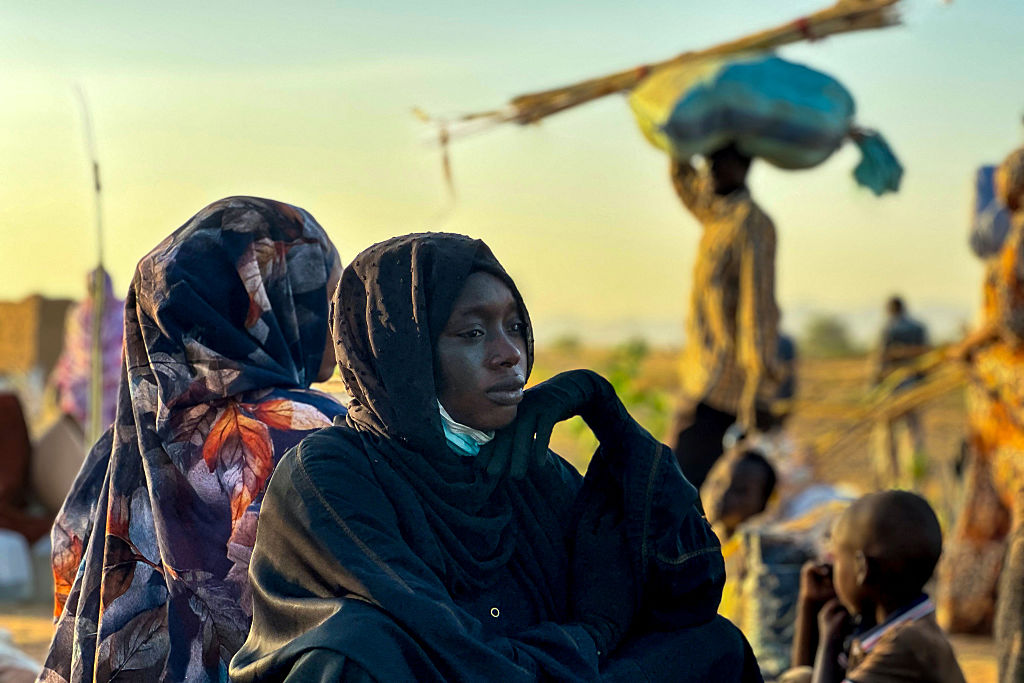






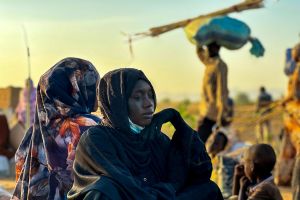
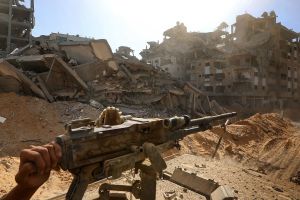

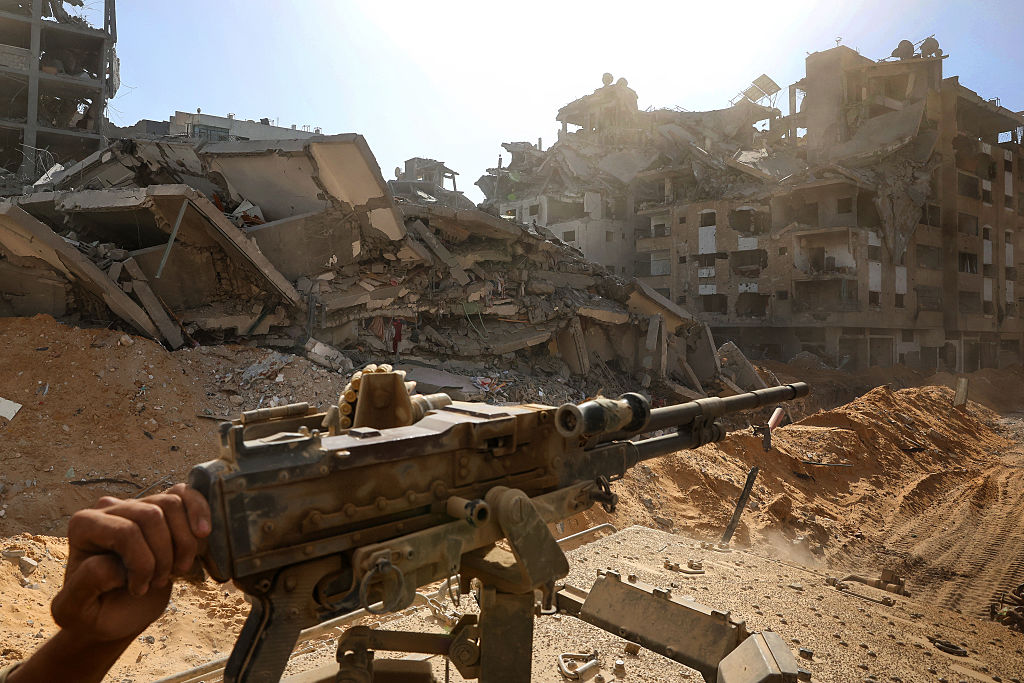
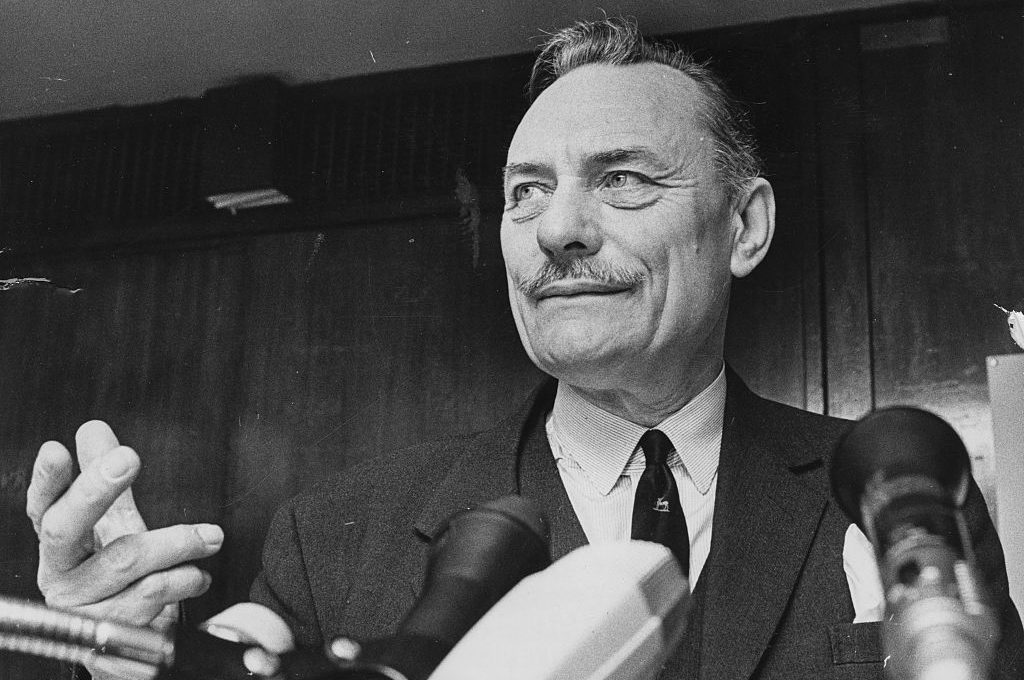
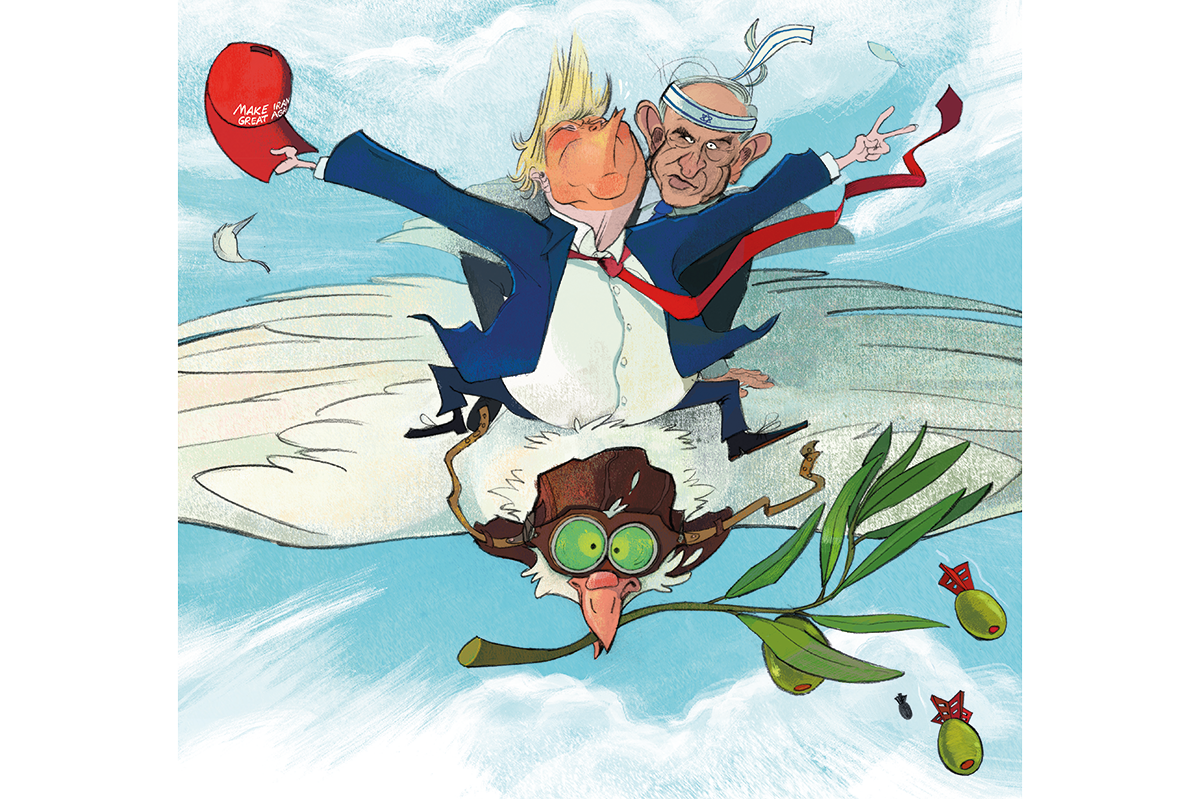
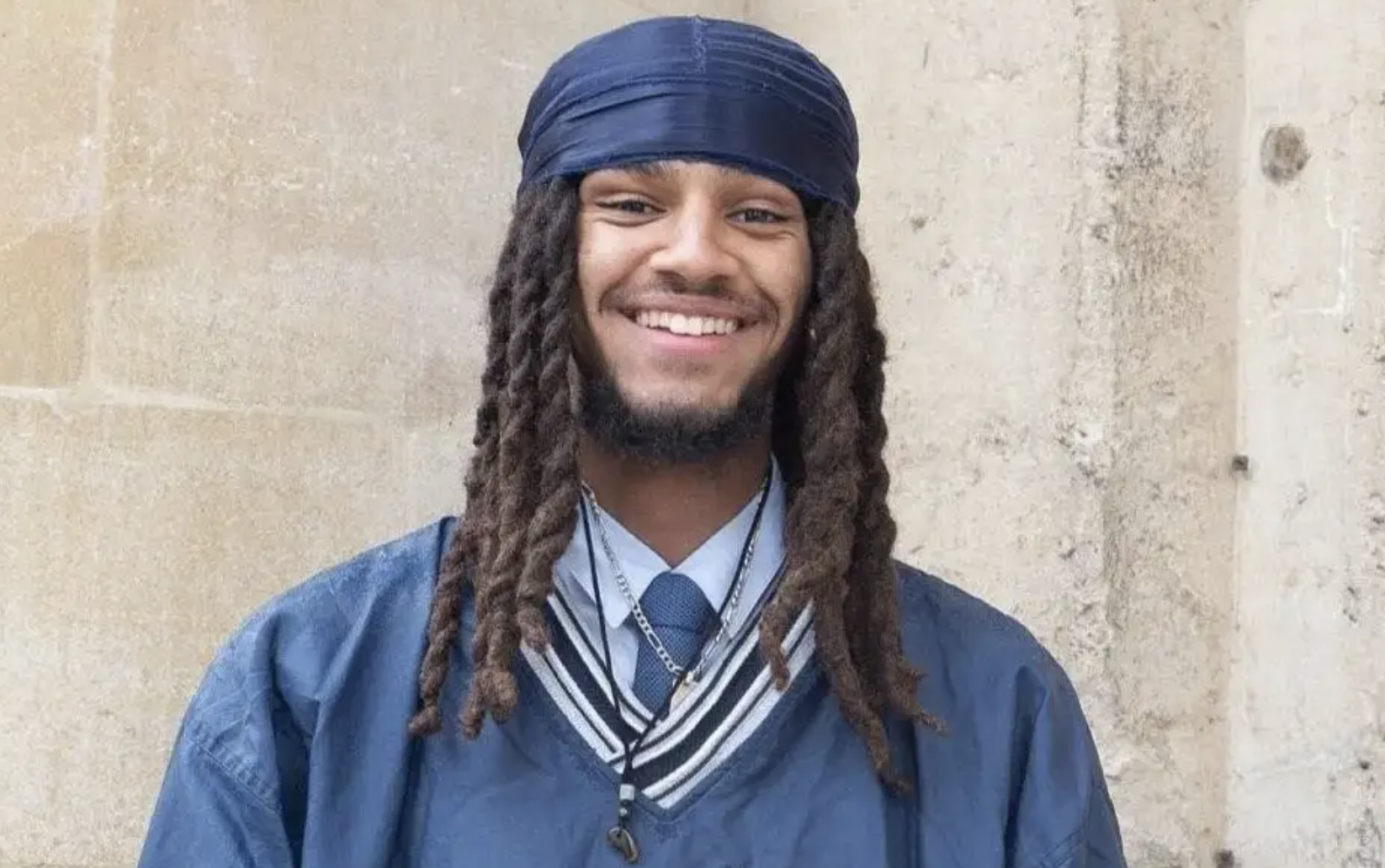
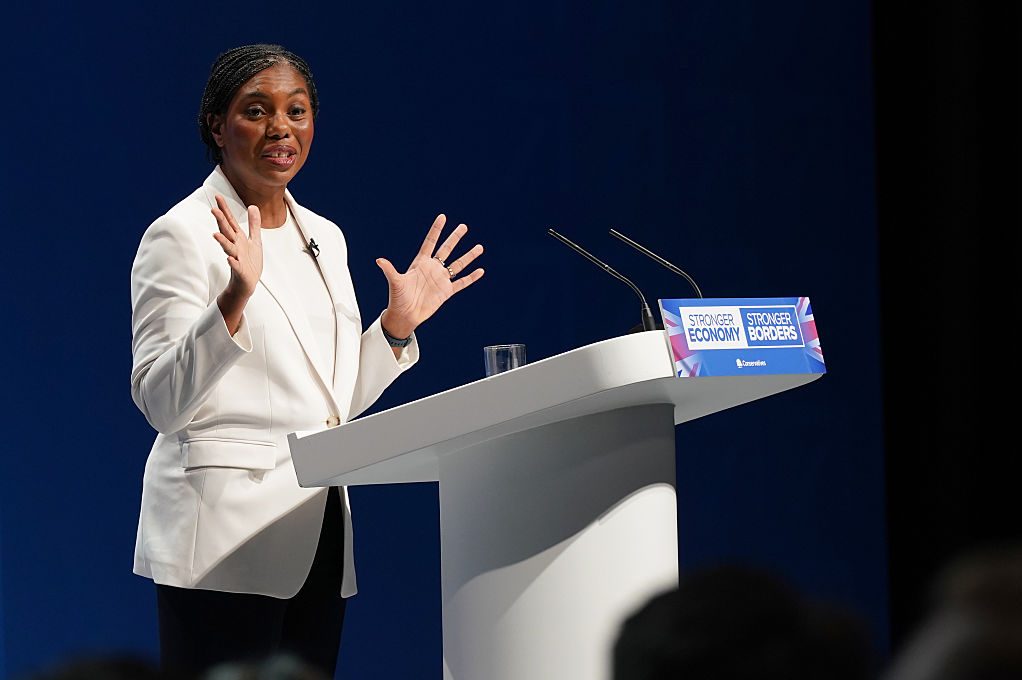
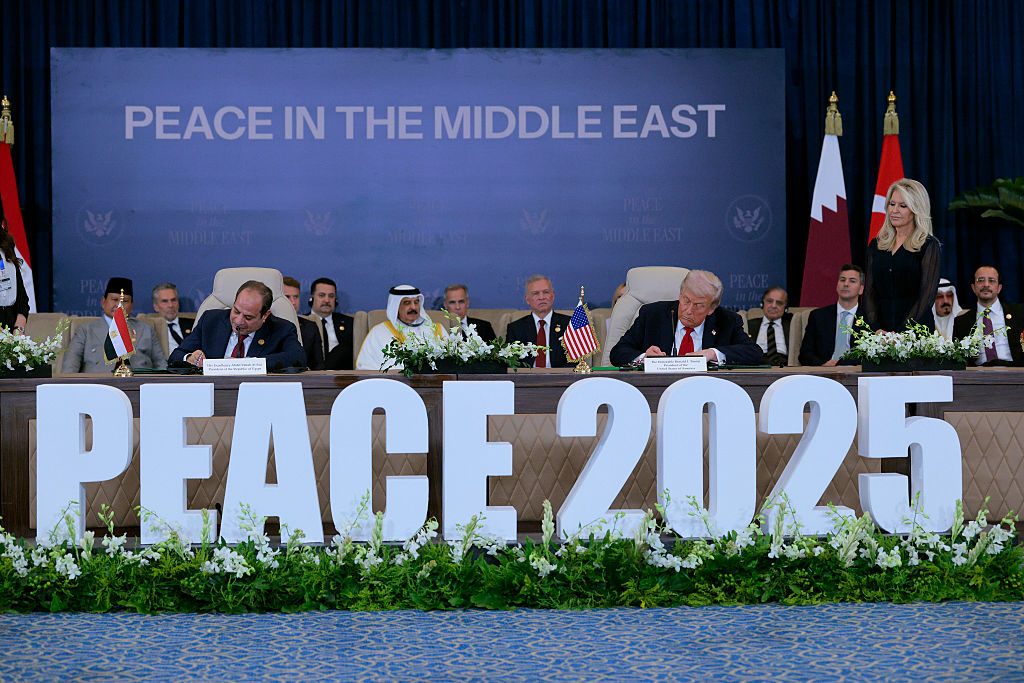







Leave a Reply